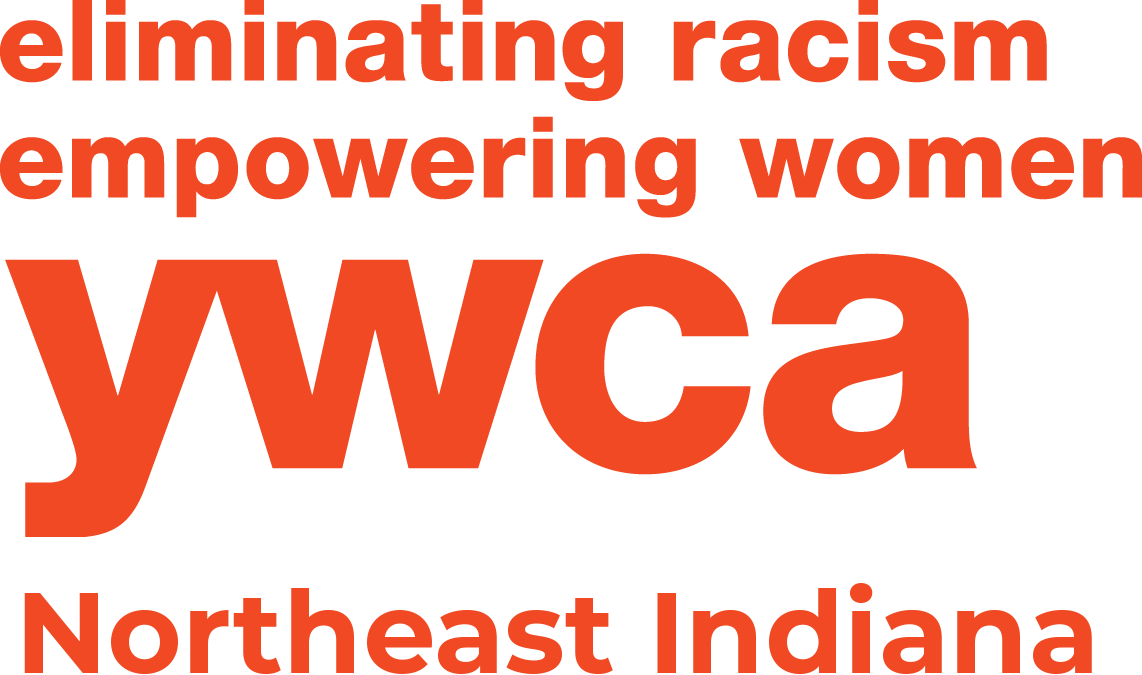
Rachel Tobin-Smith
Former SCAN Executive Director
“Either I go with you or not at all. I am not taking this stand because I personally wish for recognition. I am doing it for the future benefit of my whole race.”
Ida B. Wells said this to the organizers of the suffrage march in Washington, D.C. in March of 1913. She traveled from Chicago to walk with the suffragists during the parade, only to be denied because the southern suffragists did not want Black women to join them, and the organizers felt it would weaken their chances if women of color walked in the parade. Ida B. Wells joined the parade anyway, showing the courage needed to bring unity and change.
Mary Church Terrell also marched in 1913 even though she was not wanted. She was the first president of the National Association of Colored Women (NACW). She spoke out and reminded white women that excluding Black women because of their color was as bad as white women being excluded due to their gender.
These suffragists endured other women’s racism, but they fought for the vote for all women anyway. Wells organized many suffragists in Chicago and Illinois. As head of the NACW, Terrell assured the organization passed a resolution supporting the women’s suffrage amendment. The NACW’s vehicle for suffrage action was the Equal Suffrage League, which mobilized clubs to support suffrage.
Yet when the 19th Amendment was passed August 18, 1920, and ratified August 26, it was only the beginning for Black women. It would not be until the Voting Rights Act of 1965 that their vote was assured. While this week marks a celebration for most women, it also commemorates the long battle until the 1960s when ALL women got the vote. We must daily guard against the disintegration of these rights for all women.
